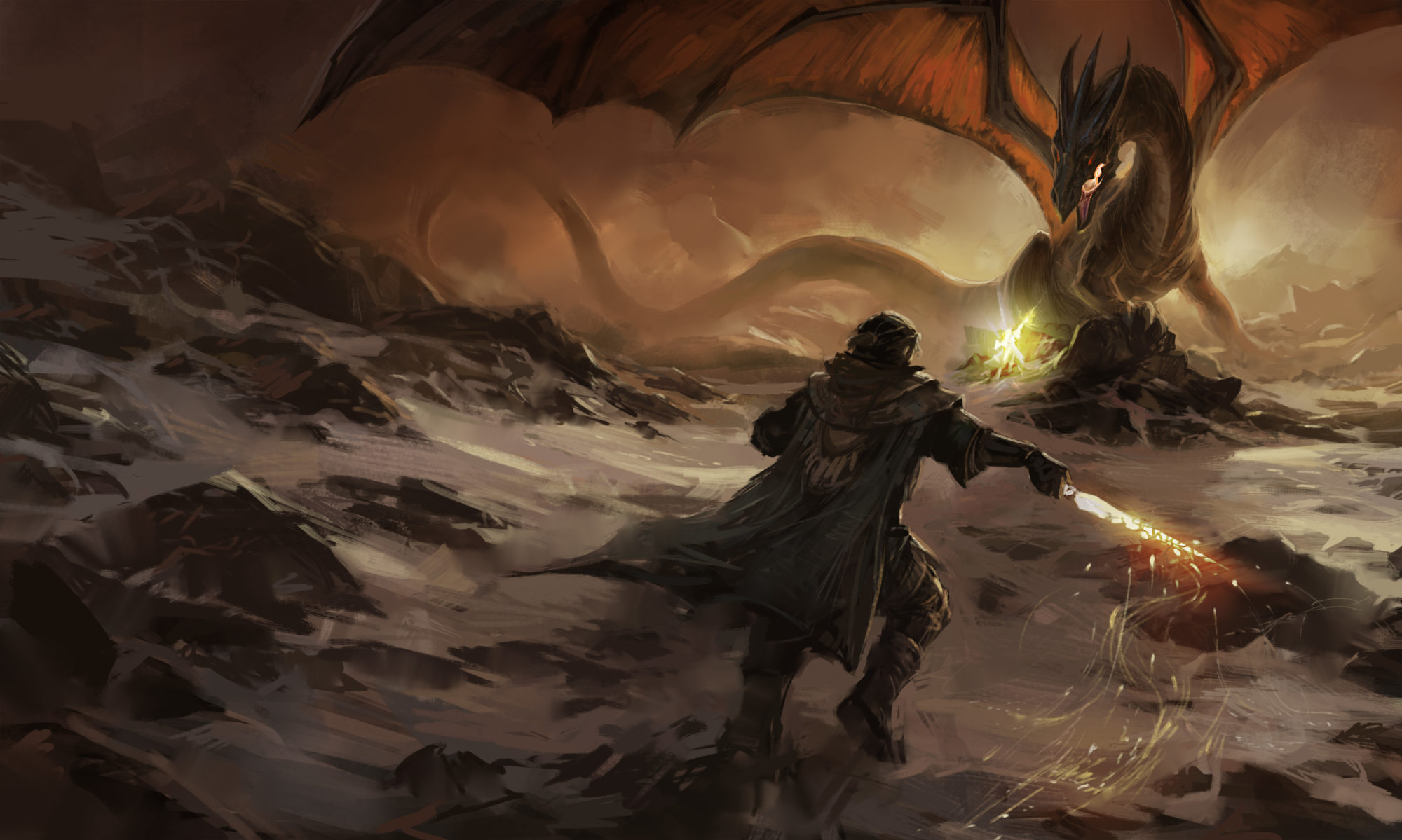On Friday, I dropped in to explain with great fear and trembling that I would have just three days to write 20,000 words.
I sort of exaggerated the dilemma, because I was only counting Sunday, Monday, and Tuesday. I left on Friday and Saturday, because I was heading to Arkansas for those two days to visit with my family there (and give a little talk on self-publishing to the Fiction Writers of Central Arkansas association).
That trip gave me six hours in the car both ways, and of course while I was in Arkansas–even with birthday parties and fancy dinners and writers’ associations–I had some time to myself. I should have called it five days, not three.
But, then, I know myself. With less than a week to write 20,000 words, I still only managed 2,000 words on Friday and Saturday. So, pretty much as anticipated, I showed up to work Sunday morning with 18,000 words to write in three days.
That was more than a little terrifying. I stared at my laptop in panic. I double-checked my word count (it hadn’t changed). I skimmed back through the last couple pages, hoping to ride some narrative momentum straight into a productive day of writing.
I went to get a cup of coffee.
I sat back down at the laptop, went through the whole process again, and went to get another cup of coffee.
Nothing was happening. I went for a walk around the empty office. Not a casual stroll–an aggressive, angry power-walk to get the blood pumping. I put in a good half hour, then came back to my laptop, opened the story, and just stared.
Finally I gave up. I went to Facebook and quipped. I went to Twitter and caught up on industry news and clever misattributed quotes. I did some administrative cleanup at all my many blogs.
Oh, hey! You can now email me from the handy-dandy Contact form!
And then–four hours in, utterly broken, and deeply ashamed of myself that I couldn’t even write one word, let alone 18,000–I went slinking back to my Google Docs.
But instead of opening the treacherous story tab (“GT: Faith – Editing Copy”), I opened the one next to it (“Prewriting Package for Ghost Targets: Faith”). I scrolled down to the plot outline/scene list and stared at a bunch of empty spots or brief, one-line descriptions. I frowned at one of those, shifted it down a spot, and fleshed it out.
Then I added a scene above it, to describe the one I was currently working on. And that generated a new scene, which bumped the one below it even further down. Then I skipped past that one and added a new scene after. I spent more than a hour adding fewer than 500 words.
And when I was done, I had a story to tell. I clicked over to the story tab, and started writing. By the time I went home last night (early enough to watch some TV with the wife and get a full night’s sleep), I’d written 8,000 words.
One day gone. Two days left, and 10,000 words yet to write. That’s still triple the daily output necessary to win NaNoWriMo, but hey, I did 8,000 yesterday. I think I can manage it.
Now I’m off to give it a try.
